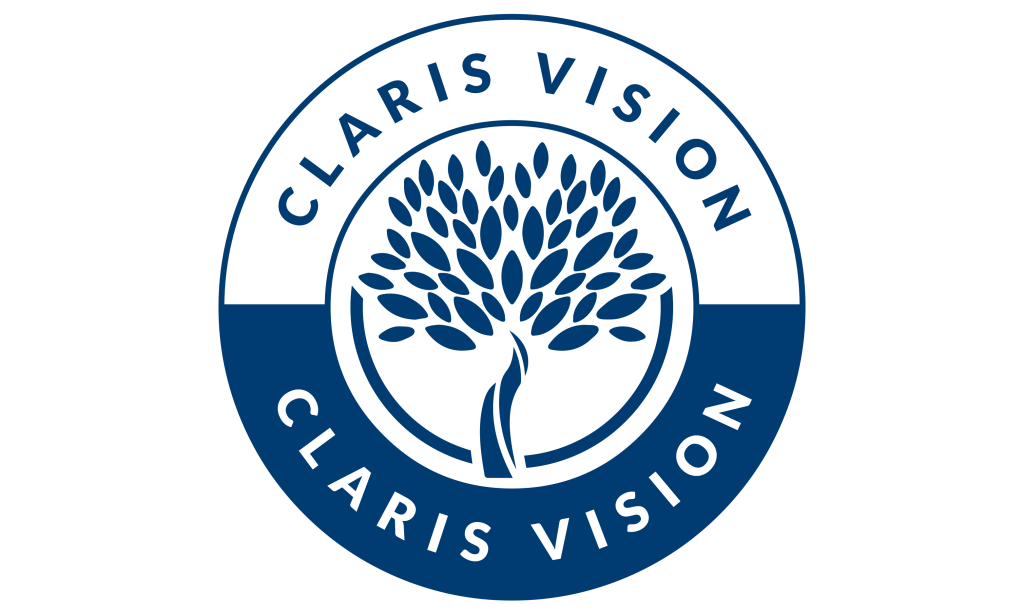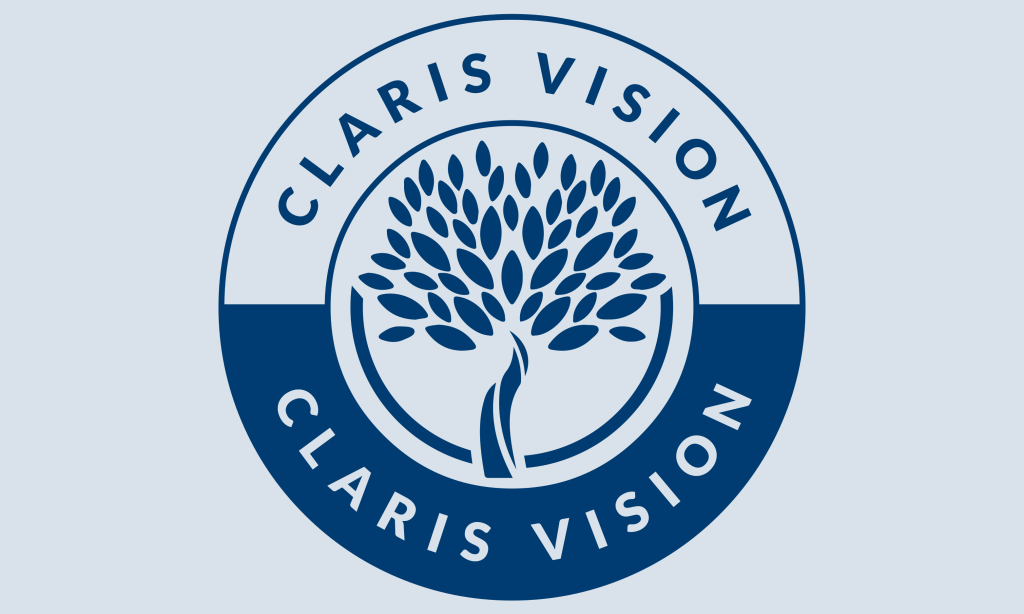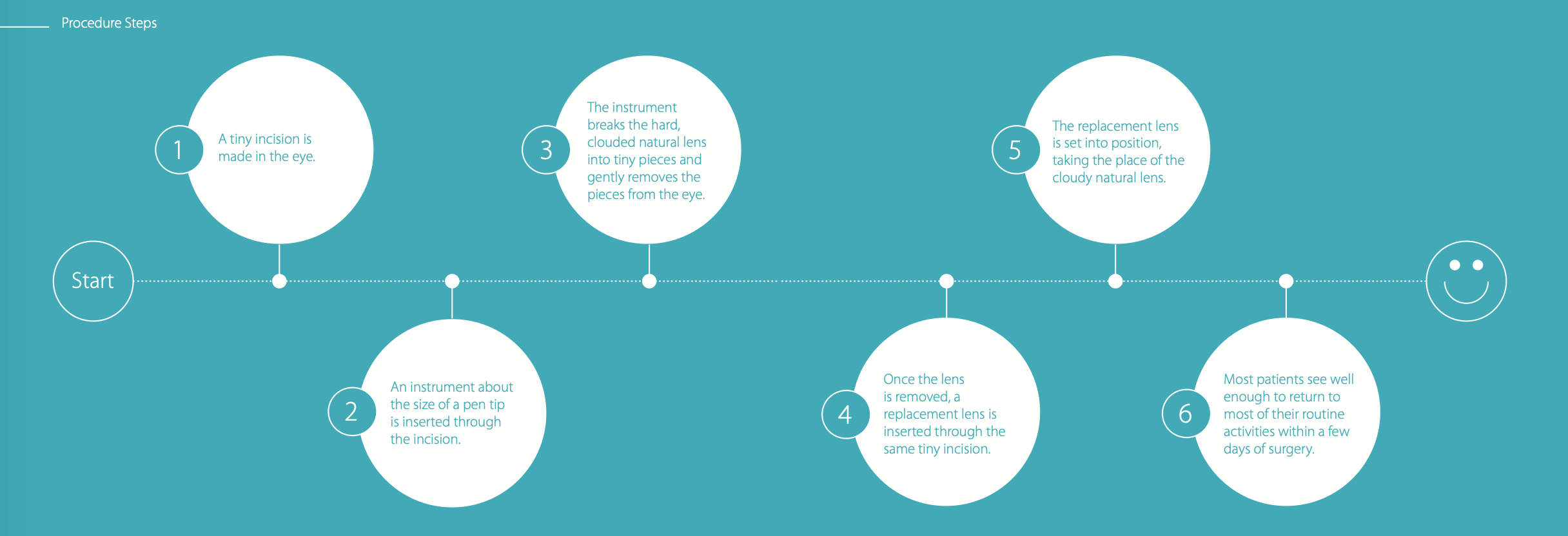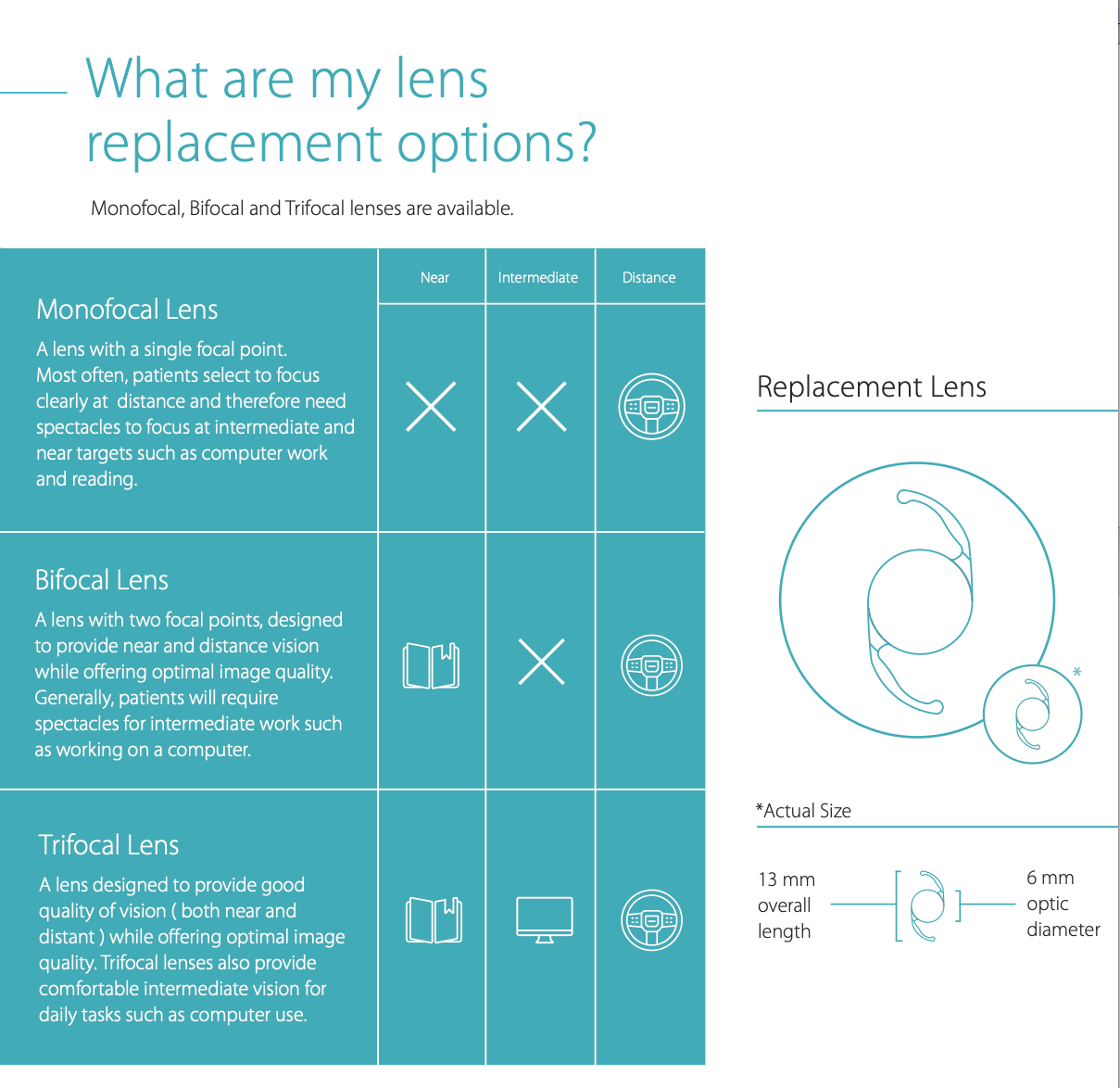Enjoy life! No glasses! No contact lenses!
What is refractive lens replacement?
Refractive lens replacement, also known as refractive lens exchange, is very similar if not identical to modern cataract surgery. It involves replacing your natural lens with a new artificial intraocular lens, usually a special multifocal lens, that lasts for life. The lens sits inside the eye behind the iris, the coloured structure of the eye that gives us our green or brown eyes, and is normally clear and transparent.
As we get older the lens loses its natural elasticity and ability to focus, a condition called presbyopia or dysfunctional lens syndrome. Later in life, the lens loses its normal transparency and optical properties; at this stage it is called a cataract.
Refractive lens replacement can achieve freedom from glasses. In addition to addressing presbyopia (the need for reading glasses), it can also achieve clear distance vision without glasses by correcting underlying refractive errors of the eye, such as short-sightedness, long-sightedness and astigmatism.
Consultant Ophthalmic Surgeon
Cataract, Lens replacement and Laser Eye Surgery
Aris is a consultant eye surgeon at University Hospital Southampton NHS Foundation Trust. He runs private clinics at the Wessex Nuffield Health hospital (Chandlers Ford), Southampton Spire Healthcare hospital and Boots Opticians (Lymington, New Forest).
Read moreWhy have surgery with Aris?
Aris is an experienced UK trained consultant eye surgeon, having performed thousands of operations.
He provides personalised care with a broad range of vision correction procedures, including cataract surgery, lens replacement and laser eye surgery, including LASIK and PRESBYOND blended vision. This allows him to recommend the treatment most appropriate to your eyes and lifestyle needs.
Aris provides his care and surgery within the safety, friendly atmosphere, comfort of private rooms and guaranteed aftercare of traditional private hospitals – the Nuffield Health and Spire Healthcare hospitals.
What are the benefits of refractive lens replacement?
-
Refractive lens exchange with use of the appropriate lens during surgery, usually a multifocal lens with astigmatism correction (toric), can achieve freedom from glasses in 4 out of 5 patients.
-
It can improve the quality of your vision, restoring its natural sharpness.
-
It allows you to enjoy an active lifestyle more easily.
-
It eliminates the risk of infection that is associated with wearing contact lenses.
-
It provides the opportunity to reduce or eliminate your need for both distance and reading glasses. This refractive correction is achieved with the use of a customised lens that can compensate for any astigmatism you may have and also focus your eyes clearly for both distance and near.
-
It eliminates the need for cataract surgery in later life.
- Your vision does not deteriorate with time and the benefits of lens replacement last a lifetime.
Laser surgery, lens replacement or cataract surgery?
-
In lens replacement and cataract surgery, the natural lens inside the eye is replaced with an artificial lens. Laser eye surgery is an external eye procedure that changes the shape and refractive properties of the cornea with laser.
-
The most appropriate procedure for you will depend on your refractive prescription, health of your cornea, transparency of lens and your age.
-
If you are happy with the quality of your vision and would like to be spectacle free, laser eye surgery would be the preferred option.
-
It you notice fading of colours and quality of vision and are generally older than 55 years, then lens replacement may be preferable.
-
All three procedures are great options, have an excellent safety profile and can achieve freedom from distance and reading glasses.
-
The key to a successful outcome is to identify the most appropriate procedure for your eyes and lifestyle needs at the medical consultation.




